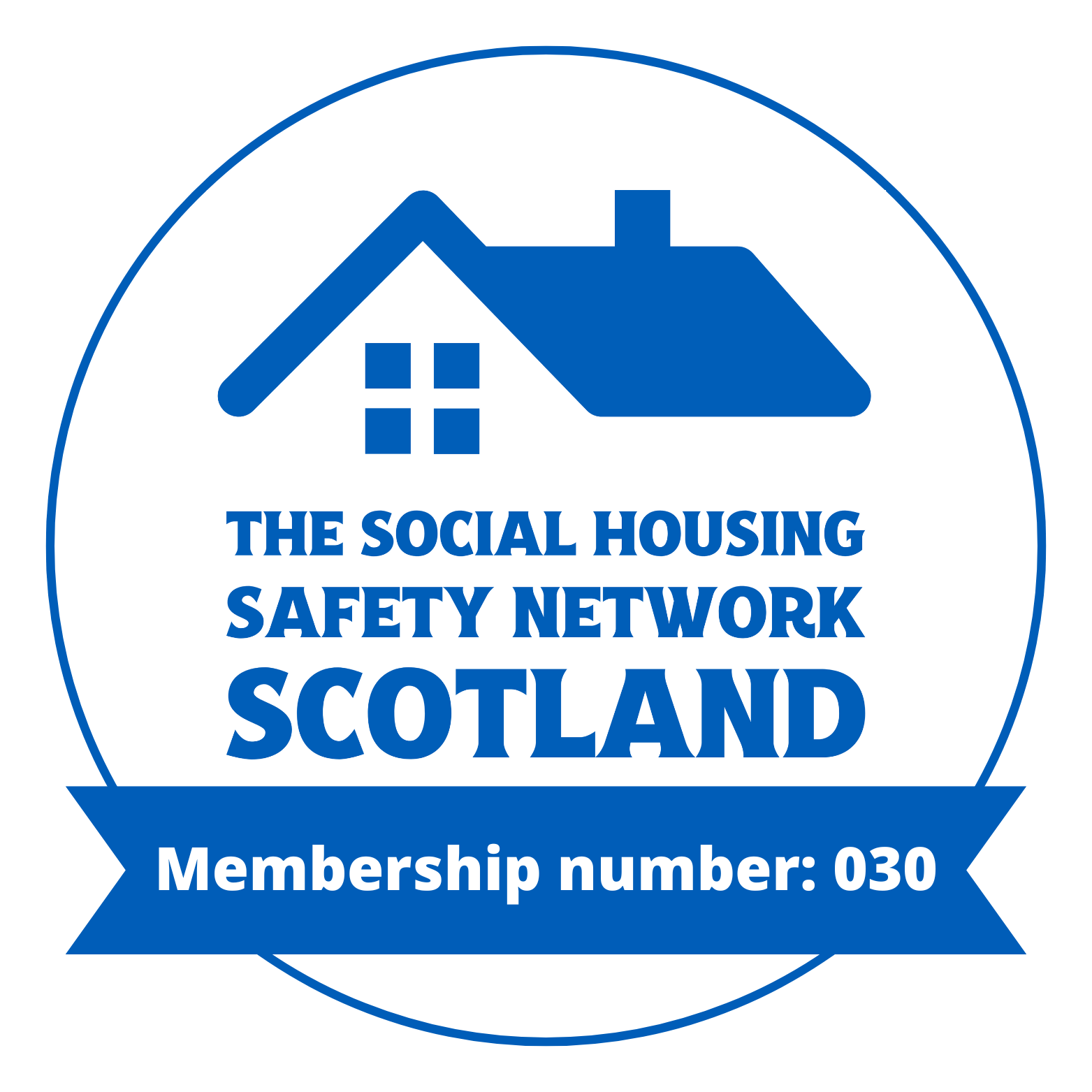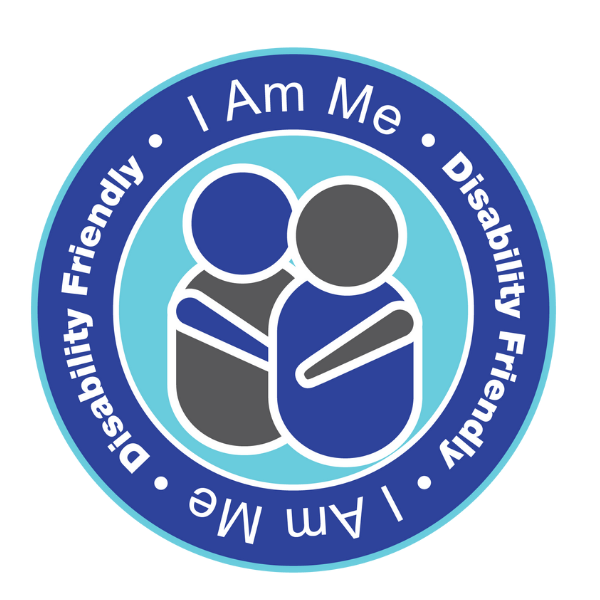Anti-social Behaviour
Cernach is committed to helping tenants to maintain the quiet enjoyment of their homes without nuisance or annoyance from their neighbours. We will not tolerate any level of neighbour nuisance or any form of anti-social behaviour affecting our tenants. We will do all that we can to support residents to resolve problems as quickly as possible. You can view our Neighbour disputes and anti-social behaviour policy for further information.
What is Anti Social Behaviour?
The Association’s Tenancy Agreement describes Anti Social Behaviour as: ‘acts in a manner that causes, or is likely to cause alarm or distress, or pursues a course of conduct that causes, or is likely to cause alarm or distress to at least one person who is not in the same household’. This can include: Noise nuisance such as loud music, shouting, parties; rowdy behaviours; intimidation or harassment; violence; discrimination; damage to property; graffiti; drug dealing; nuisance from pets; and inconsiderate behaviour such as untidy gardens and dumping rubbish.
What is NOT Anti Social Behaviour?
The Association’s Neighbour Disputes & Anti Social Behaviour Policy also details incidents which cannot be addressed by Cernach Housing Association, for example because they are a result of lifestyle clashes or from people outwith the Association's control. This can include, but is not limited to:- banging doors, walking across floors, parking disputes, children falling out, cooking smells, looking at people,noise from other agencies such as ice-cream vans, taxis and delivery drivers. Disputes over what can be classed as reasonable use of common areas will also not be actioned by the association.
What should I do if I am affected?
The first thing to do is to speak to the person who is causing the problem. Sometimes a quiet word with the person or with their parents may nip the problem in the bud. If you feel uncomfortable doing this, or if there is violence involved, you should report the problem to the office and discuss the matter with our staff. We will listen to your problem and try to give you the best advice and support as to how the matter can be effectively resolved. It is important to do this at an early stage, before a minor dispute escalates. Cernach treats all reports of ASB confidentially. This means that we will not tell the perpetrator who has made the complaint against them. However, in some cases it is obvious who has complained, or they can make assumptions about who has complained.
What action can be taken?
There are several courses of action we can take depending on the problem. It is however important that we are quickly made aware of any problem so we can establish the facts during our investigation and take early action. We may:
- Agree with you how we are going to try to help you to resolve the situation
- Contact other agencies such as the Police or Environmental Health Department and/or the perpetrator of the ASB
- Put you in contact with outside agencies which may be able to provide support and practical help.
- Keep you informed on the progress of your complaint.
- Take an offending tenant to court with the possibility of seeking a decree for eviction to end the tenancy. However, for relatively minor disputes between tenants, advice or a limited form of intervention from us may be appropriate and all that is required.
- Due to GDPR legislation we are unfortunately not able to provide a detailed upddate on the outcome of your anti-social complaint as we cannot discuss someone else's tenancy with you, however, this not does not necessarily mean that no action has been taken by the association.
Arrange mediation if this is felt to be appropriate. This is where problems are discussed and resolved by all parties round the table. Staff might also suggest that the best way to prevent escalation of a problem may be to talk a problem through with your neighbour before involving the Association.
What happens if the behaviour continues?
We often ask residents to complete a neighbour complaint form. This helps us by giving specific times and dates when the ASB was happening and how serious it is. It is especially useful if the case goes to Court, as we will need to provide evidence of the ASB. In serious cases Cernach has a number of legal remedies available. This can lead to the eviction of tenants, Anti-Social Behaviour Orders or Injunctions for ASB. However, this is always the last resort, and the process is likely to take some time.
Glasgow City Council Noise Pollution Team
Depending on the nature of complaint, you should also report any criminal activity or noise pollution to the police. You can also call Glasgow City Council Noise Pollution team on 0141 287 6688,
Useful Numbers
|
Area |
Contact information |
|
Police Non-Emergency |
101 |
|
Antisocial Behaviour – Community Relations Officers |
0800 0273 901 |
|
Neighbour Dispute – Mediation Officers |
0800 0273 901 |
|
Report Litter/Dog Fouling |
0300 343 7027 |
|
GCSS Noise Team |
0141 287 6688 |
|
Glasgow City Council -
environmental ASB such as bulk
|
0141 2879700 |
|
Clean Glasgow for fly tipping |
0300 343 7027 or clean@glasgow.gov.uk |
|
Victim Support |
0141 553 2415 |
|
Citizen’s Advice |
0141 552 5556 |
|
Samaritans |
0141 248 4488 |
|
Childline |
0870 336 2910 |
|
Women’s Aid |
0141 553 2022 |


_2026_02_18_13_48_33.png)


